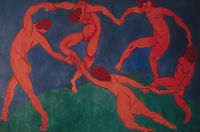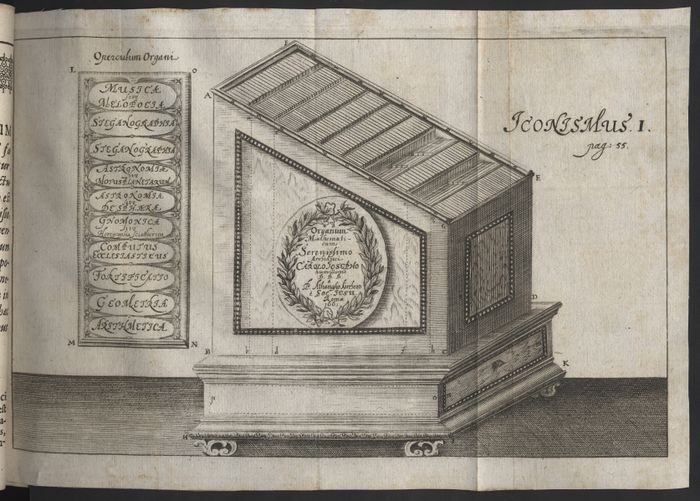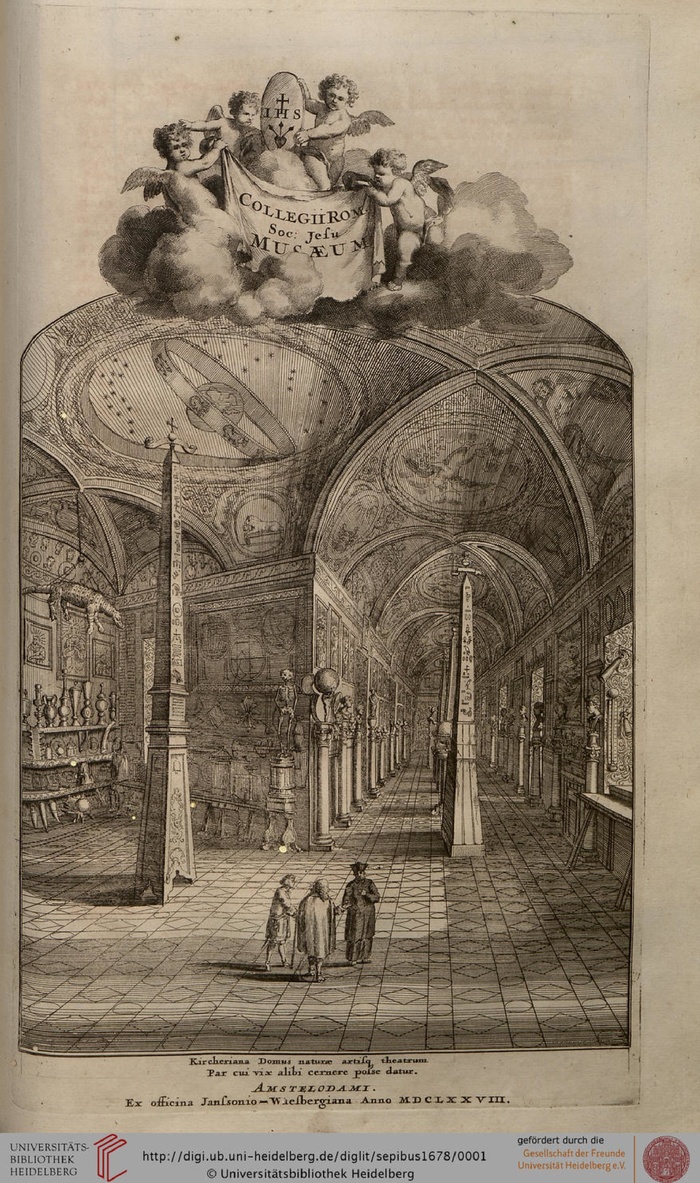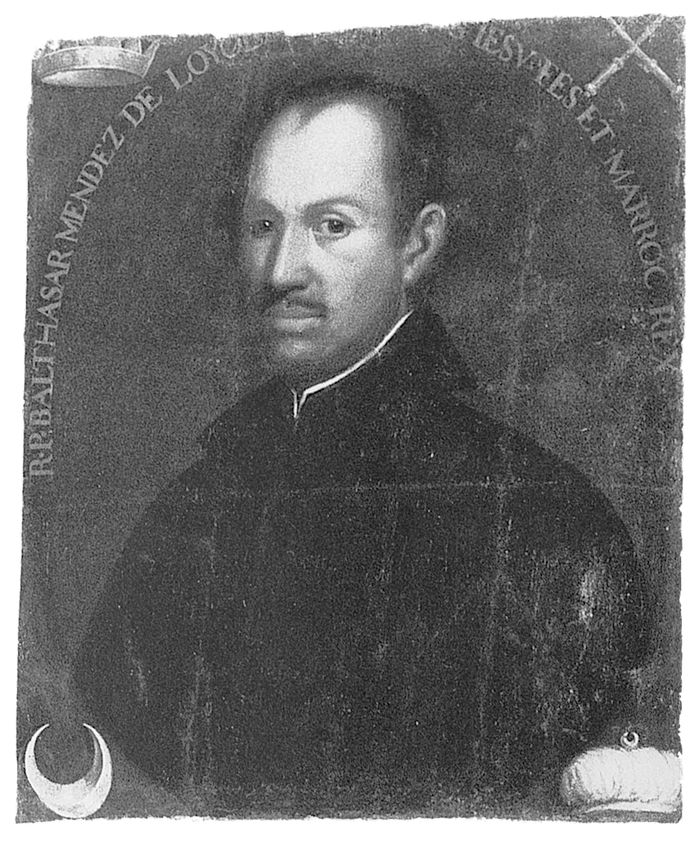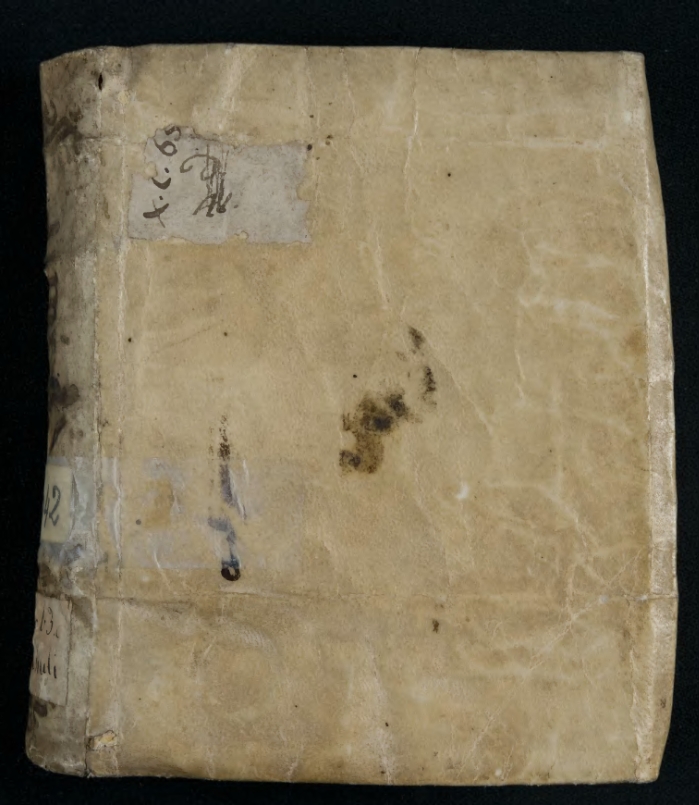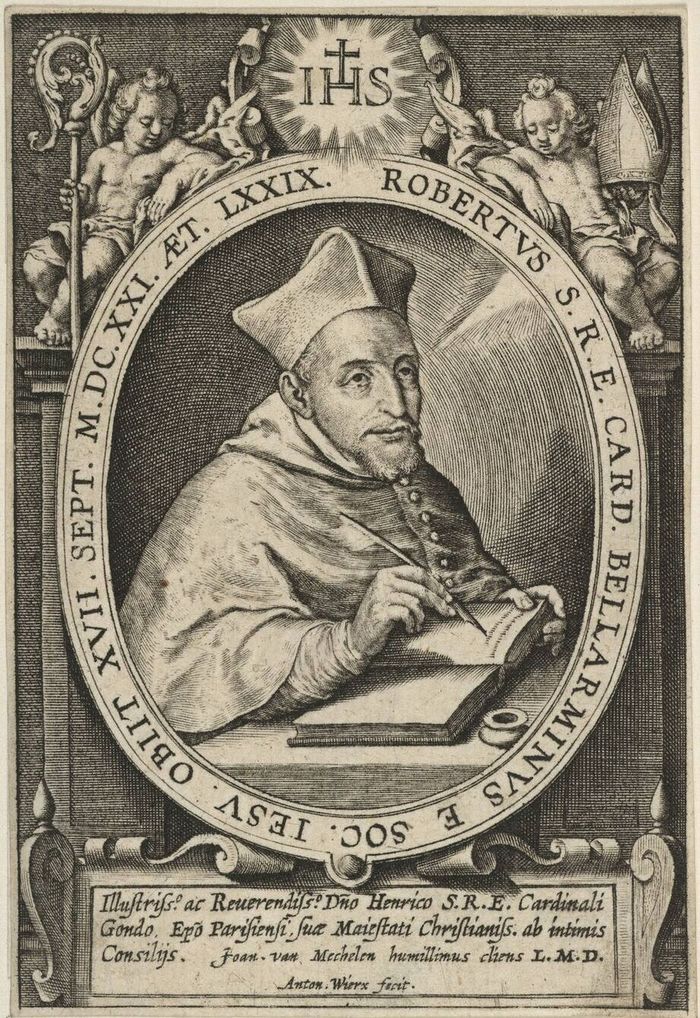Difference between revisions of "Collaborate with us"
From GATE
m (Protected "Collaborate with us": Minor ([Edit=Allow only administrators] (indefinite) [Move=Allow only administrators] (indefinite))) |
|||
| (3 intermediate revisions by the same user not shown) | |||
| Line 1: | Line 1: | ||
| − | [[File:Matissedance.jpg|200px|right]]The collaborative dimension that is a premise of GATE’s platform, finds its roots in the belief that knowledge is generated by sharing, while still navigating in a space of autonomy and freedom. Transdisciplinarity suggests that a single view point (or discipline) does not exist, while multiple views of the same topic of study can be expressed. Technology, nowadays, should base its foundation on this collaborative dimension. However, the web, which often seems to be idolised by multiple organizations, either censures all the possible and infinite bifurcations of thought - the latter being, indeed, the source of knowledge - or, at the very least, tends to control its dissemination. Censorship is known, throughout history, to have thrown many ''nets''. | + | Controversies and disputes are natural in intellectual life in the search for truth. As Saint Albert the Great remembered: ''in dulcedine societatis quaerere veritatem''. The Internet could recover this dynamic that was found in its foundation. |
| + | [[File:Matissedance.jpg|200px|right]]<div style="text-align:justify">The collaborative dimension that is a premise of GATE’s platform, finds its roots in the belief that knowledge is generated by sharing, while still navigating in a space of autonomy and freedom. Transdisciplinarity suggests that a single view point (or discipline) does not exist, while multiple views of the same topic of study can be expressed. Technology, nowadays, should base its foundation on this collaborative dimension. However, the web, which often seems to be idolised by multiple organizations, either censures all the possible and infinite bifurcations of thought - the latter being, indeed, the source of knowledge - or, at the very least, tends to control its dissemination. Censorship is known, throughout history, to have thrown many ''nets''. | ||
<center><big>[[Special:Contact|Click here to ask for an account and start your collaboration!]]</big></center>__NOTOC__<br> | <center><big>[[Special:Contact|Click here to ask for an account and start your collaboration!]]</big></center>__NOTOC__<br> | ||
<br> | <br> | ||
Latest revision as of 09:17, 2 December 2024
Controversies and disputes are natural in intellectual life in the search for truth. As Saint Albert the Great remembered: in dulcedine societatis quaerere veritatem. The Internet could recover this dynamic that was found in its foundation.
The collaborative dimension that is a premise of GATE’s platform, finds its roots in the belief that knowledge is generated by sharing, while still navigating in a space of autonomy and freedom. Transdisciplinarity suggests that a single view point (or discipline) does not exist, while multiple views of the same topic of study can be expressed. Technology, nowadays, should base its foundation on this collaborative dimension. However, the web, which often seems to be idolised by multiple organizations, either censures all the possible and infinite bifurcations of thought - the latter being, indeed, the source of knowledge - or, at the very least, tends to control its dissemination. Censorship is known, throughout history, to have thrown many nets.
Click here to ask for an account and start your collaboration!
